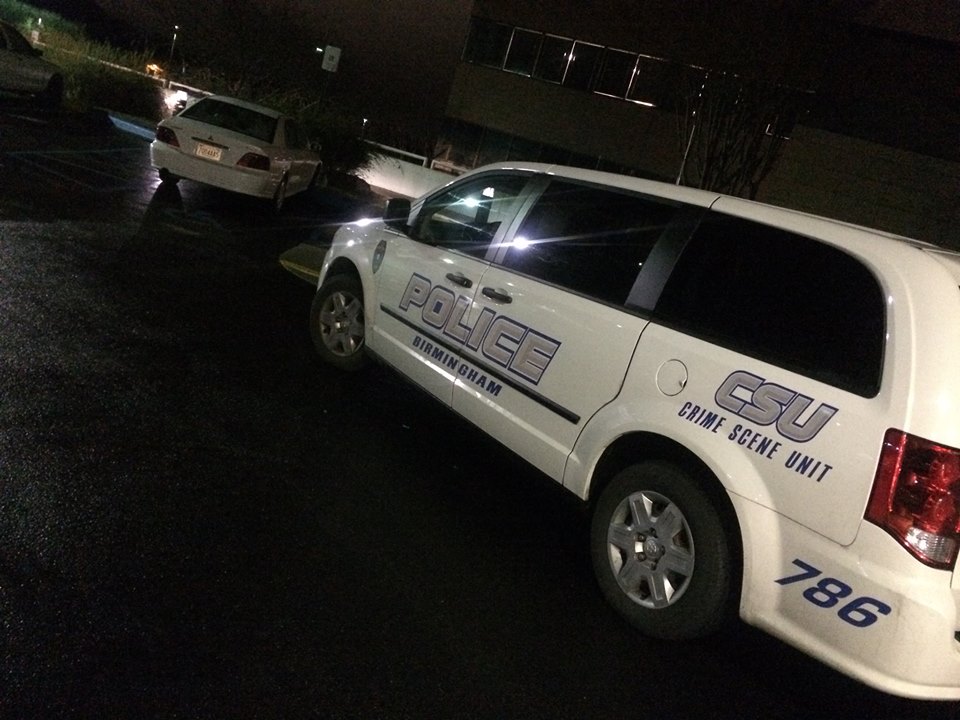MONTGOMERY –The Students First Act (SFA) has withstood a challenge to the authority of school boards to promptly discipline employees for violating board policies. In Carrie Cabro Witt v. Decatur City Board of Education, a case involving a teacher charged with having sex with a student, the Alabama Supreme Court today ruled unanimously that the school board could proceed with a termination hearing.
The employee contended the board could not proceed with her disciplinary hearing because of her constitutional right against self-incrimination since criminal charges stemming from the same conduct were pending. Specifically, the court ruled that the right against self-incrimination will not be threatened if a stay of the termination proceeding is lifted.
Passed in 2011, the Students First Act protects employees’ testimony during a disciplinary proceeding from being used against them in a criminal proceeding. The law paved the way for school boards to discipline employees for inappropriate behavior under board policies while protecting the employee’s constitutional rights in the criminal proceeding, thus eliminating the costly requirement for school boards to keep employees on paid leave throughout the duration of a criminal case, which could take years.
“Today’s ruling is a victory for Alabama’s local school boards,” said Sally Smith, J.D., executive director of the Alabama Association of School Boards. “The court has affirmed the right of a school board to move forward with disciplinary proceedings when criminal charges against an employee are pending or threatened. This was a core reason for the Students First Act that has saved taxpayers hundreds of thousands of dollars in salaries and benefits being paid to employees waiting for the resolution of criminal cases.”









